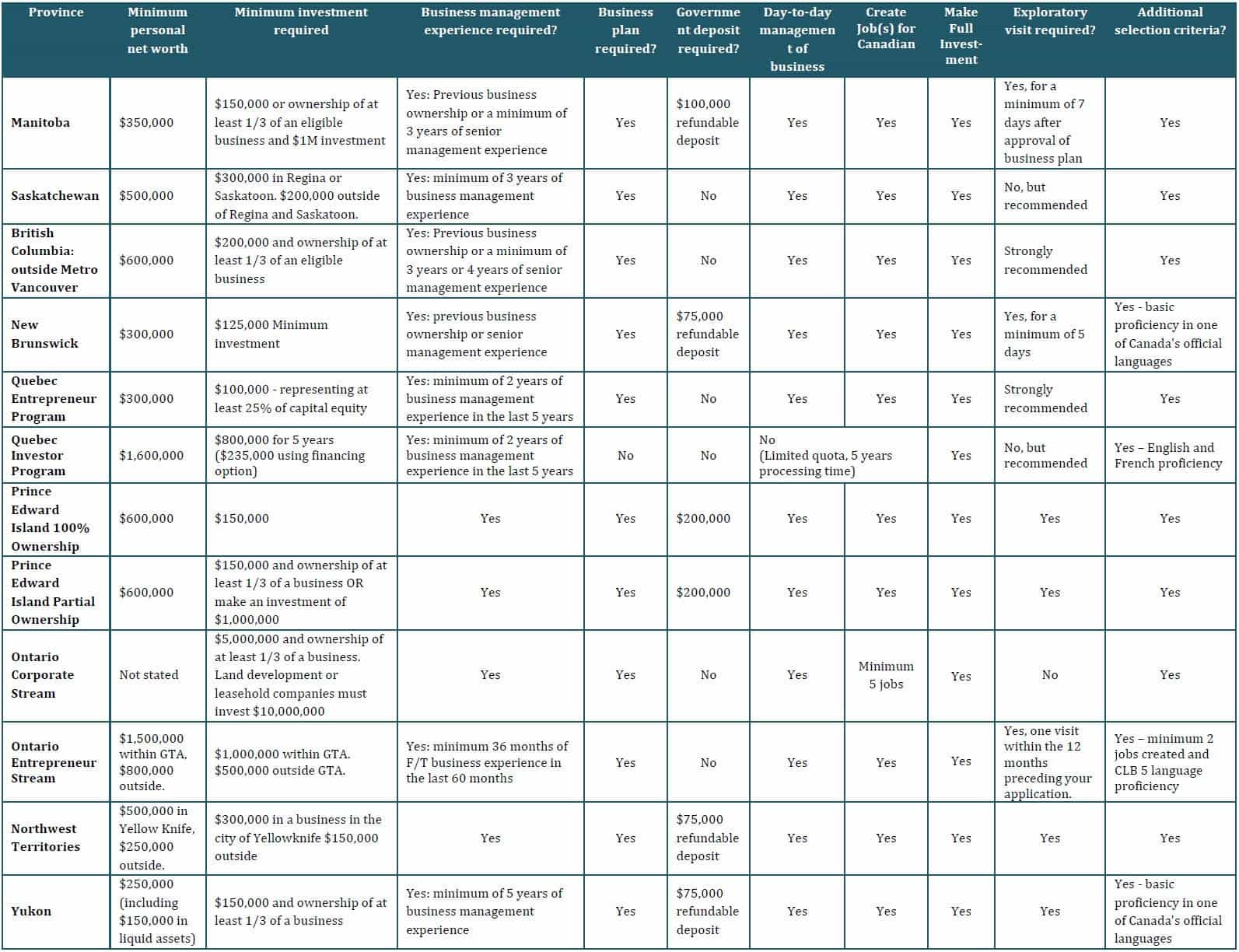Does IRCC look at my social media?
Immigration, Refugees and Citizenship Canada (IRCC) and the Canada Border Services Agency (CBSA) do check the information in a candidate’s application and compare it with the candidate’s social media and public profiles.
Discover if You Are Eligible for Canadian Immigration
If there are discrepancies between the application information and what can be found on the web, this could be grounds for refusal.
In a recent Canadian federal court case, a man applied for permanent residence as a skilled worker. The visa officer who reviewed the man’s application was concerned that he failed to mention his involvement with a particular company on his application. The company’s website named the man as its Executive Chairman. The visa officer checked the man’s LinkedIn profile, which stated that he was a member of the Board of the company.
Even after providing the man with the chance to explain the discrepancy, the officer concluded that the man was inadmissible to Canada for having made a material misrepresentation. The officer stated that he did not provide an adequate explanation for the online information about his involvement with the company.
As a Canadian immigration applicant, what is posted online (or not posted online) can be used as evidence of the accuracy or inaccuracy of your application.
Importance of avoiding misrepresentation
A finding of misrepresentation is serious and difficult to overcome. Immigration officers are strict about misrepresentation and a finding could result in an application being refused.
Misrepresentation on immigration applications can also have severe consequences beyond your application refusal. According to IRCC, in response to false documents or information, IRCC may:
Forbid you from entering Canada for at least 5 years;
Give you a permanent record of fraud;
Take away your status as permanent resident or Canadian citizen;
Have you charged with a crime; or
Remove you from Canada.
Immigration forms and applications can be complex and confusing. Applicants may be very careful while still making innocent misrepresentations. Unfortunately, innocence is generally not a defence to misrepresentation.
It is important that applicants submit information that is entirely accurate and complete. Applicants should double check all information provided to make sure it is correct and remains consistent throughout the application.
The key to avoiding misrepresentation is to disclose all relevant information, even if you think it might negatively impact your chances of being approved. It is better to address potential issues directly in an application and provide supporting document to explain them.
In addition, it is essential that applicants inform IRCC as soon as possible if any changes occur while IRCC is processing the application. This can be anything from personal details like marital status to updates to employment or education. If you fail to notify IRCC, they could assume you are misrepresenting yourself.
Avoiding misrepresentation in your immigration application is crucial to ensure a successful process. It is recommended that you hire professional help by consulting an immigration lawyer, as they can ensure that your application is accurate and meets all the necessary legal requirements.















